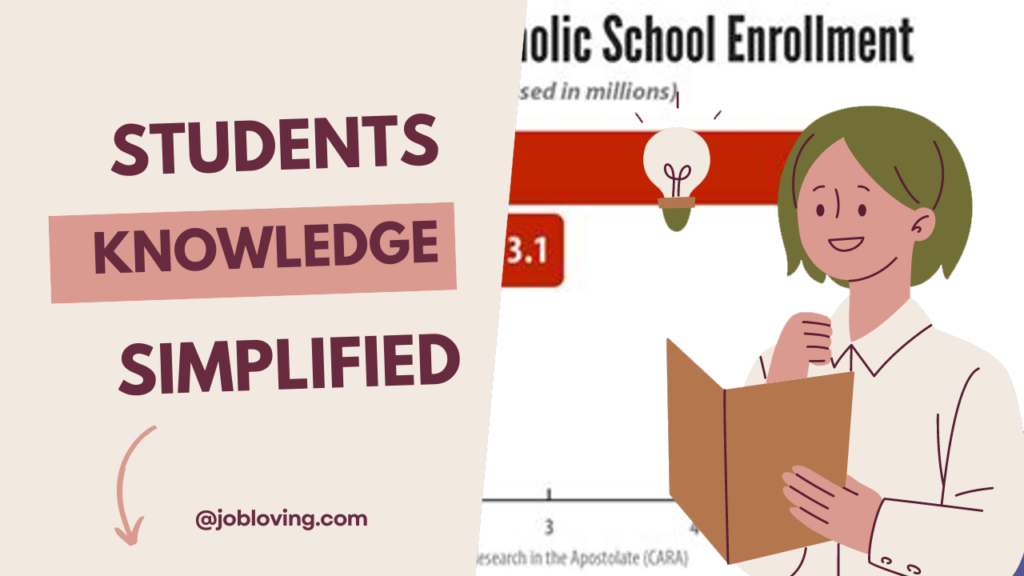When you think about DePaul University, you might picture a bustling campus nestled in the heart of Chicago, filled with diverse students and vibrant activities. But did you know that the college has seen a noticeable shift in its religious affiliations? In recent years, the percentage of Catholic students at DePaul has shown a steep decline. Back in 2007, 57% of incoming freshmen identified as Catholic, but fast forward a decade, and that number has dropped to a striking 38 percent.
Now, that’s not to say DePaul is losing its identity; after all, it still holds the title of the largest Catholic university in the United States, with nearly 23,000 students enrolled. However, when you stack these figures against its rivals, the trends become even more intriguing. Take Notre Dame, for instance, where 81% of freshmen identify as Catholic, or Boston College standing strong with 70%. Even Loyola University grabs a respectable 59%. This delicate balancing act of tradition and contemporary ideology sheds light on a broader trend of diminishing Catholic affiliation throughout Chicago.
But what’s going on here? A significant factor contributing to this downward trend is the campus culture itself. Attendance at Catholic events often hovers at a mere 10 to 25 students, leaving many wondering where the rest have gone. It turns out many students, like Katelyn Polich, find themselves drifting from their Catholic faith during their college years, an experience echoed by countless others. This isn’t entirely surprising, as studies show that people’s religious identities often fluctuate significantly during these transformative years.
DePaul University’s Catholic identity is perceived as pretty progressive, which is certainly a double-edged sword. While many appreciate the inclusive environment that welcomes LGBTQ+ youth and diverse perspectives, some criticism has emerged, branding it as “The Least Catholic Catholic School in America.” Rev. Jeremy Dixon argues that the Catholic Church needs to redefine its values to remain relevant, a sentiment that resonates with many students who seek opportunities for spiritual expression outside traditional church structures.
You might be surprised to learn that despite the dwindling numbers, approximately 20% of DePaul students still identify as Catholic. The campus is predominantly non-religious, with many students reporting minimal religious influence in both their academic and social experiences. For most, DePaul’s Catholic identity doesn’t really dive deep into doctrine; rather, it symbolizes a connection to history and tradition. The university maintains a curriculum that allows for significant variation, prioritizing subjects beyond religious studies and catering to students with a range of interests.
Interestingly, DePaul thrives on its reputation for being inclusive—students can feel comfortable expressing themselves, regardless of their religious beliefs, and there’s no pressure to engage in religious activities. Campus activities related to Catholicism are entirely optional, leaving students free to chart their own course through the vibrant tapestry of college life.
Perhaps one of the most appealing aspects of DePaul is its community spirit. Students often express that, regardless of their backgrounds, they feel a robust sense of belonging. The Jesuit roots of DePaul contribute to a more liberal approach to education and values, encouraging students to engage with each other in meaningful ways.
So, while the percentage of Catholic students at DePaul may have declined, the spirit of inclusivity and the diverse environment continue to thrive, creating a unique atmosphere where students of all beliefs can find their niche. And in the end, isn’t that what college is all about?
How does DePaul’s Catholic identity influence its student community?
DePaul’s Catholic identity fosters an inclusive environment that respects diverse beliefs and identities. While approximately 20% of students identify as Catholic, the university emphasizes a commitment to serving marginalized communities and practicing Catholic values, regardless of formal affiliation.
What trends are observed in the religious affiliation of DePaul students over the years?
There has been a notable decline in the percentage of DePaul freshmen identifying as Catholic, dropping from 57% in 2007 to 38% in 2017. This trend reflects a broader decrease in Catholic affiliation in Chicago and suggests a shift in how students engage with their faith during college years.
In what ways does DePaul accommodate non-Catholic students?
DePaul creates a welcoming atmosphere for non-religious students by ensuring that participation in religious activities is optional. The university’s curriculum allows for significant variation, focusing on historical and cultural contexts rather than strictly theological studies, which helps students prioritize education over religious affiliation.
How does DePaul’s approach to Catholicism differ from traditional Catholic universities?
DePaul’s approach is perceived as more progressive and liberal compared to traditional Catholic institutions. This is evident in its emphasis on inclusivity, the welcoming of diverse perspectives, and a focus on social justice, which has led to its reputation as “The Least Catholic Catholic School in America.”

